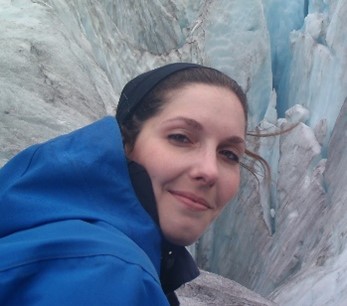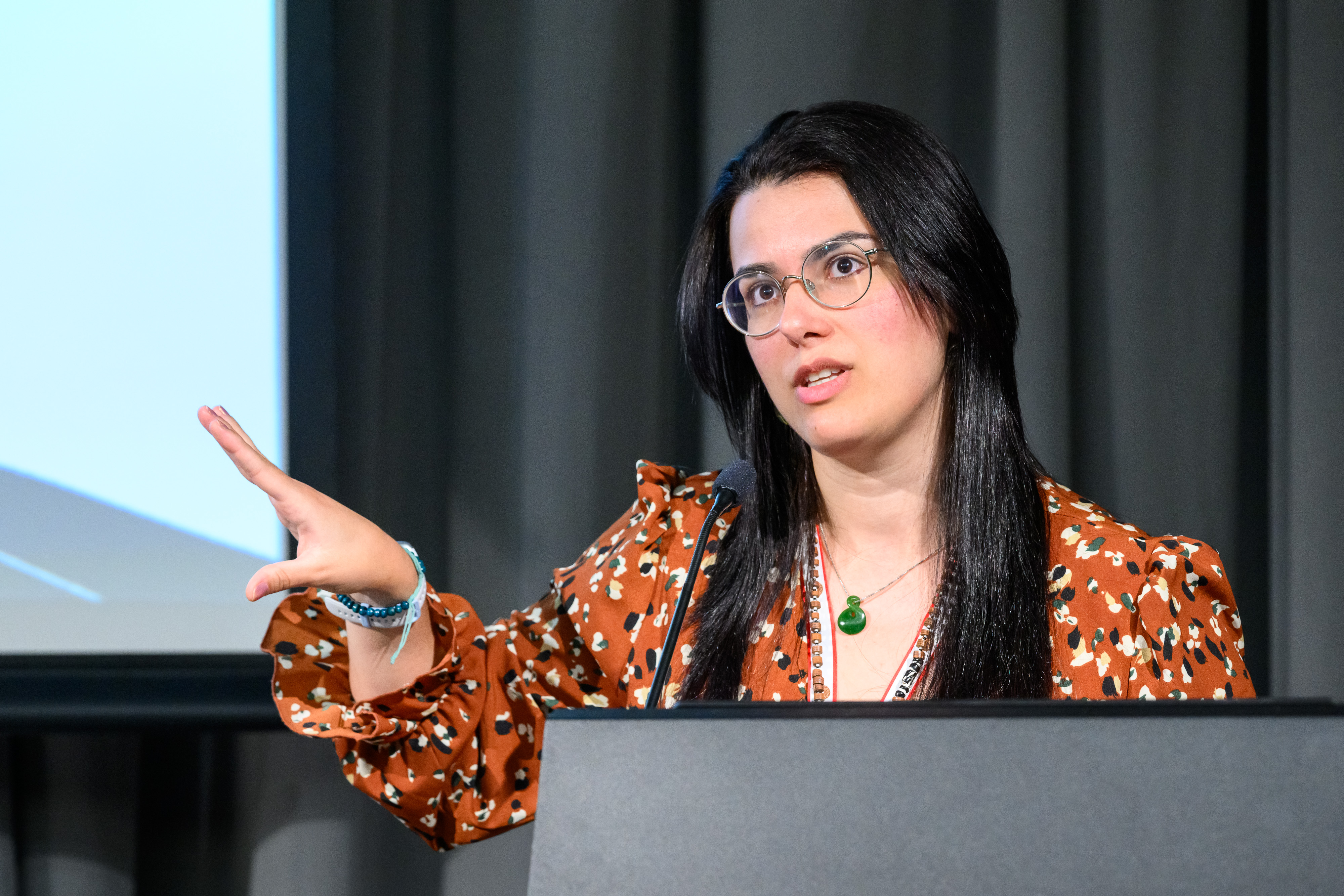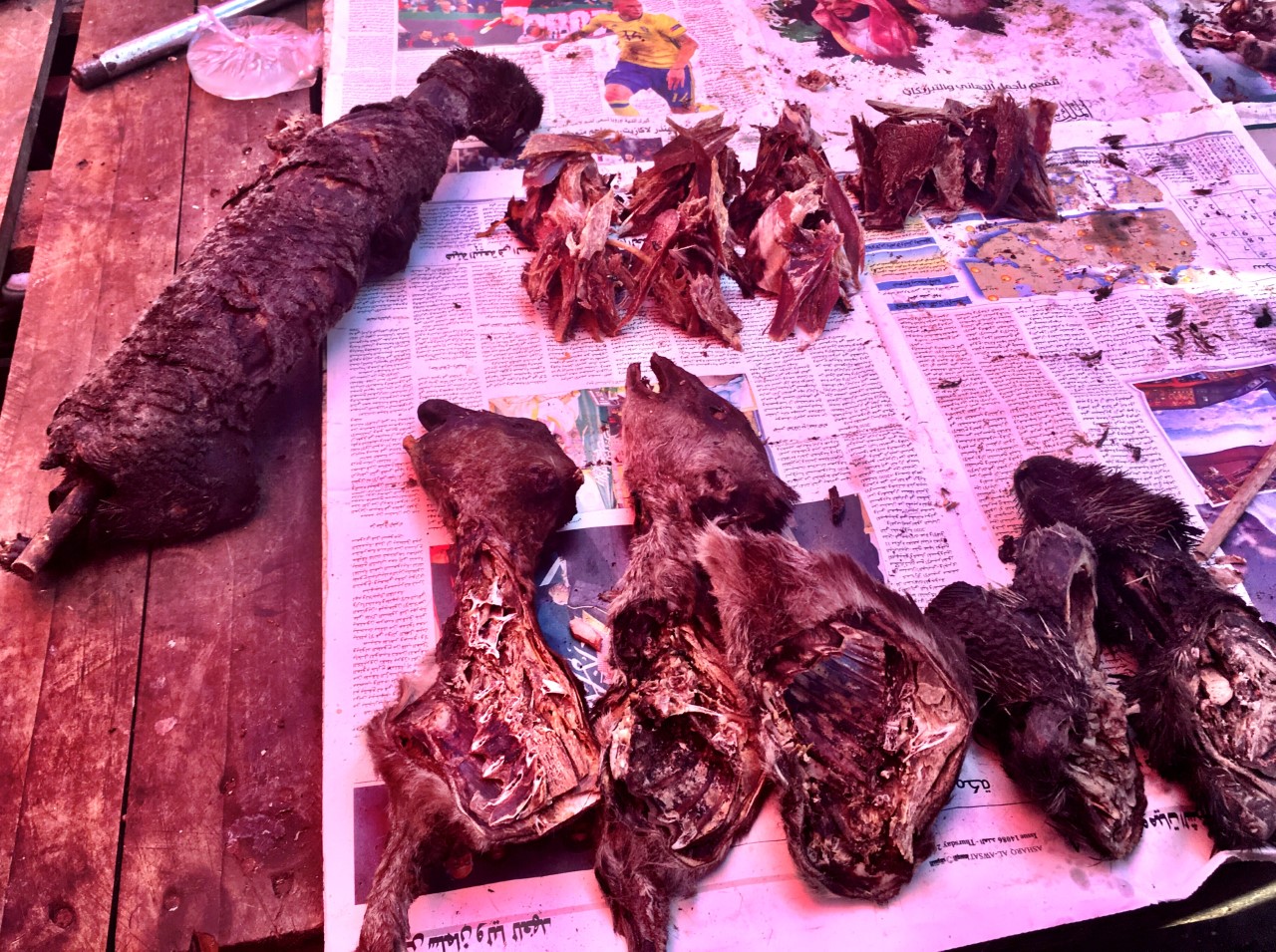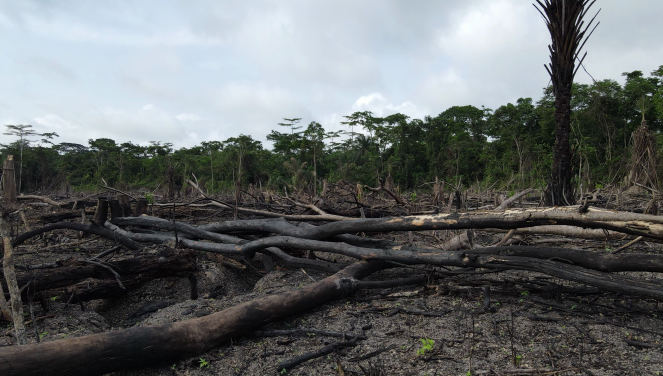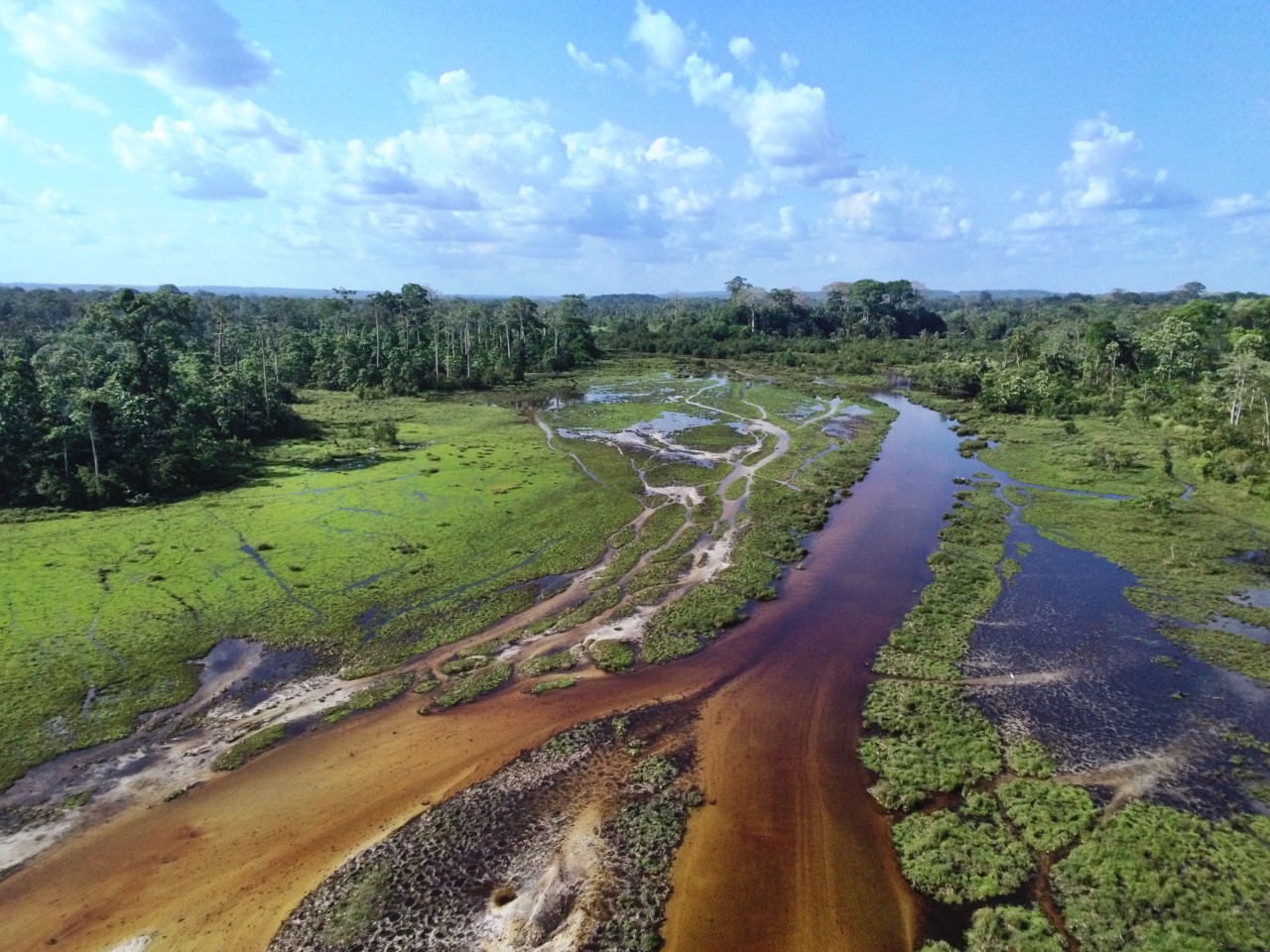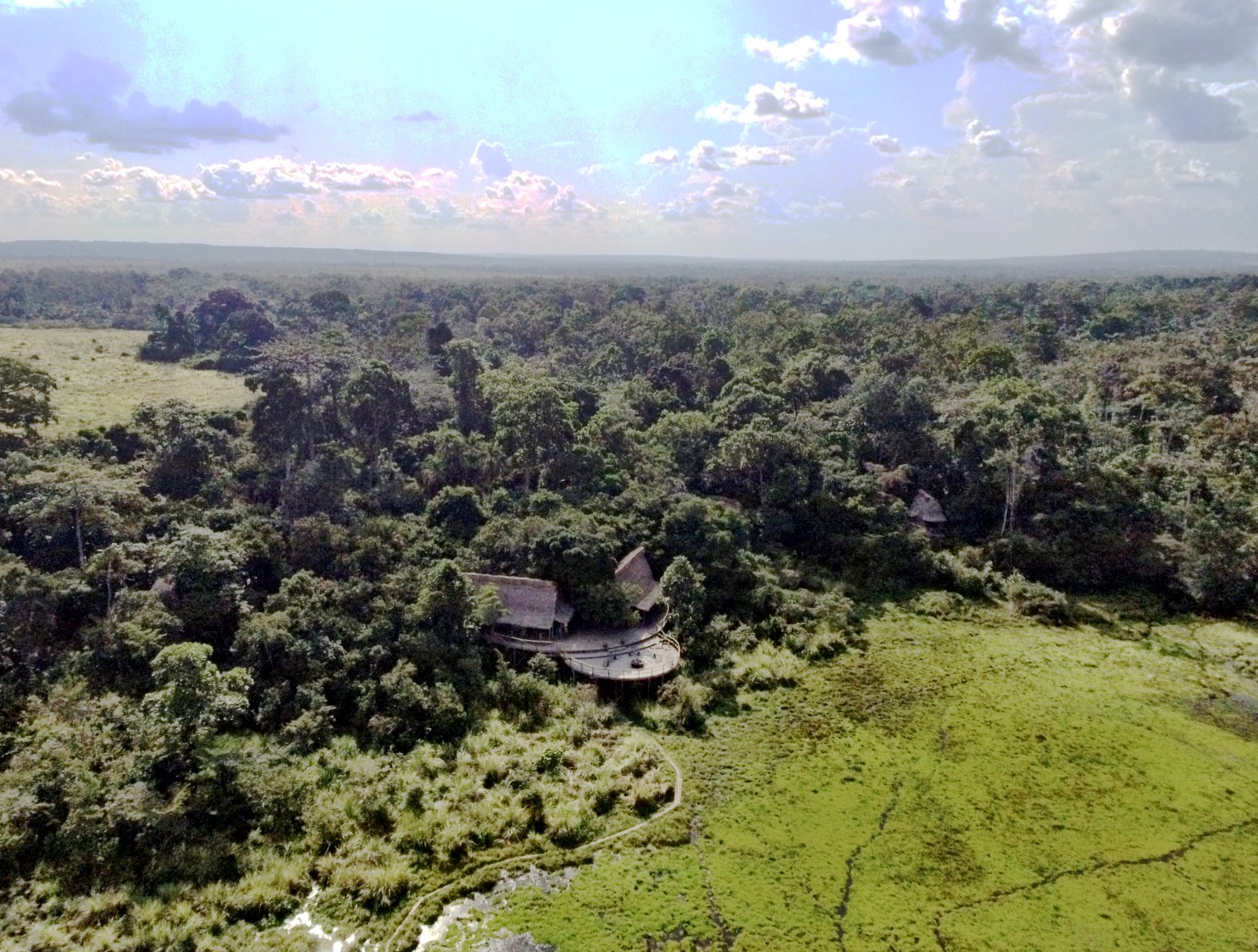IUCN CEM Human Health and Ecosystem Management Thematic Group
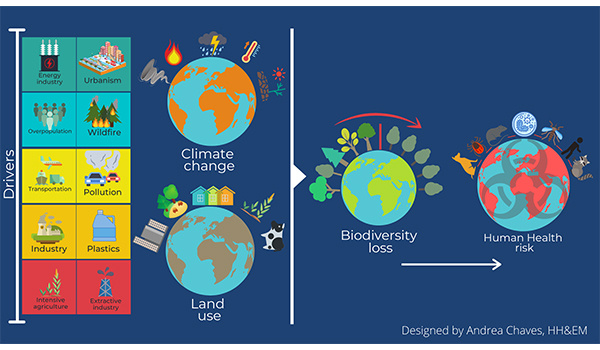
Overview and description
- Description:
-
Human Health and Ecosystem Management Human activity is rapidly transforming most of Earth’s natural systems. Based on this, we explore the relationships between human and ecosystem health, well-being ...
Group leadership
Dr Paula PRIST
Dr Renata MUYLAERT
Human health is closely linked to the health of our ecosystems and is a compelling example of integrating nature and biodiversity to promote its wider value. Evidence is increasingly emerging linking environmental degradation with the loss of human health, but these relationships are complex and still poorly understood. This thematic group seeks to understand the relationships between ecosystem management, and human health, and to develop strategic research agendas to generate the knowledge needed to prevent future pandemics and include human health maintenance into policy decisions.
Overview
Human health is intimately interconnected with biodiversity and the health of our ecosystems and is a compelling example of mainstreaming biodiversity and ecosystems to promote their broader value. For example, biodiverse influence the provision of natural products and genetic resources, which form the basis for both traditional medicine and modern pharmaceuticals. An estimated 70–80% of the global population depend on some form of traditional medicine for their primary health care and seventy-five percent of all antibacterial, antiviral and antiparasitic drugs approved by the United States have natural product origins (Marselle et al. 2021). Biodiversity also affects physical health - people living in more biodiverse areas and exposed to higher fungal and fauna diversity are less likely to develop allergic sensitization and to have improved lung function (Marselle et al. 2021).
Human activity is rapidly transforming most of Earth’s natural systems. Based on this, we explore the relationships between human and ecosystem health, well-being, and biodiversity, in their most complex forms. Integrating human health objectives into natural resource management promotes positive feedback and co-benefits between ecosystem health and biodiversity conservation and can provide programmatic advantages for organizations seeking public buy-in.
Priorities
- Identify the strength of relationships between disease emergence and its hypothesized drivers; and apply these relationships to models for ecological restoration and rewilding.
- Determinate the epidemiological, ecological and socio-economic indicators indispensable for the protection and/or reduction of disease risk of protected areas.
- Justify the necessity to take into account the biodiversity and protected areas for the reduction of disease outbreaks. These include primary factors related to ecological and political aspects.
- Evaluate epidemiological, ecological and socio-economic indicators involved in the risk of bidirectional transmission, outbreak and maintenance of diseases.
Mission
The CEM Ignite Team - Human Health and Ecosystem Management (HH&EM) Task Force as a transdisciplinary initiative is integrated by a consolidated group of specialists with expertise in ecosystems, public health and economics. The mission of this Task Force is to explore, identify and advise on relevant information, tools, capacity and priorities to monitor health of ecosystems and guide management strategies.
Vision
Our vision is to understand the relationships between ecosystem management, and human health, and to develop strategic research agendas to generate the knowledge needed to prevent future pandemics.
Objective
To explore relationships between human and ecosystem health, well-being, and biodiversity. Integrating human health objectives into natural resource management promotes positive feedback and co-benefits between ecosystem health and biodiversity conservation and can provide programmatic advantages for organizations seeking public buy-in.
